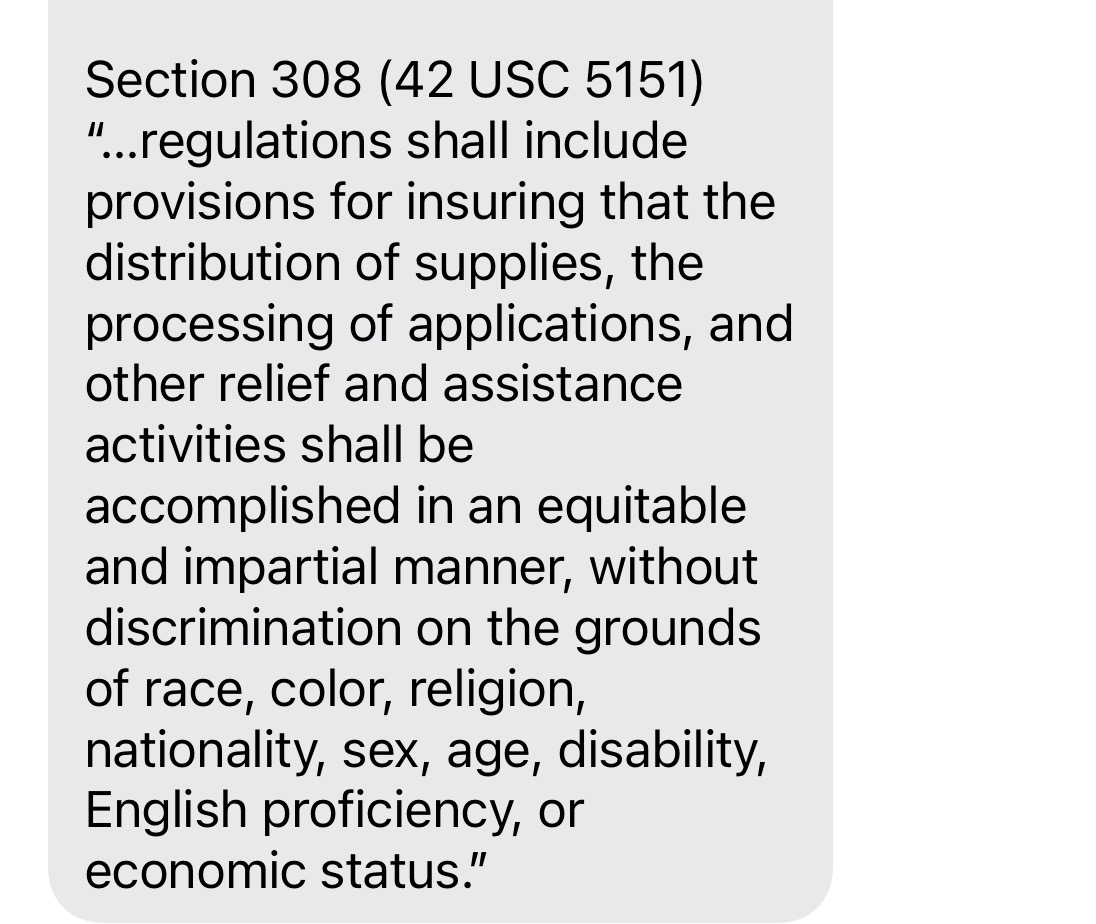
Most #HurricanIan deaths were completely avoidable. How do I know? A basic fact: Ian’s death toll REVERSED a trend in US that had minimized most hurricane drowning deaths. Most “hurricane” related deaths were no longer from drowning. Until Ian. 1/
We have gotten pretty sophisticated in hurricane prep and response that many hurricane related deaths tended to occur after the storm from things like carbon monoxide, car accidents, denied medical services, etc. Response planning has pivoted to address these new concerns. 2/
Some background here about dying “in” vs “because of” a hurricane. I do appreciate some peoples criticisms about the term “stupid deaths.” The Haitians coined it based on their lived experience, not yours. 3/
https://twitter.com/juliettekayyem/status/1574349547358281728
Anyway, how do people die? It matters. Since Ian, I have been struck by one simple fact: most of its victims died from drowning. How can that be? Why did Ian reverse years of success in response and evacuation planning learned after Katrina? 4/
Most drowning deaths occurred in Lee County which had a negligent, confused response. It ignored its own plan, weather modeling, the actions of surrounding communities and tried and true methods of communication. 5/
https://twitter.com/washingtonpost/status/1581011129731465217
There will be a tendency to say “oh well everything was so confusing and hard” but I’m not buying it. We plan for predictable disasters so that there isn’t confusion. Ian was a devastating storm but nothing about it was novel. Except how its victims died. 6/6
• • •
Missing some Tweet in this thread? You can try to
force a refresh







